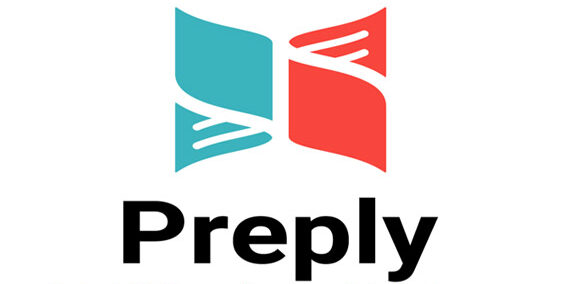
Spis treści
Introduction
Revolutionize your language learning: the power of self-assessment
Why is self-assessment important in language learning?
Self-assessment plays a crucial role in language learning as it allows learners to take control of their progress and tailor their learning experience accordingly. By evaluating their own skills, strengths, and weaknesses, language learners can identify specific areas that require improvement, set realistic goals, and measure their progress over time. The power of self-assessment lies in its ability to empower learners, enhance motivation, and provide a more personalized and effective learning journey.
The benefits of self-assessment in language learning
– Enhanced motivation: When learners actively engage in self-assessment, they become more motivated to improve their language skills. By setting achievable goals and tracking their progress, learners can experience a sense of accomplishment, leading to increased motivation and perseverance.
– Personalized learning experience: Self-assessment allows learners to identify their individual strengths and weaknesses. This knowledge enables them to focus more on areas that require improvement, making their language learning experience more tailored and efficient.
– Increased self-awareness: Self-assessment encourages learners to reflect on their own learning process and gain a deeper understanding of their current language proficiency. This self-awareness helps learners set realistic goals and develop effective strategies for language acquisition.
– Empowerment and autonomy: Taking control of their own learning journey empowers learners to become active participants. Self-assessment allows learners to monitor their progress and make adjustments when necessary, promoting a sense of autonomy and ownership.
How to revolutionize your language learning with self-assessment?
1. Set clear goals
Begin by setting clear and specific goals that you aim to achieve in your language learning journey. Whether it’s becoming fluent in speaking, mastering grammar rules, or expanding your vocabulary, defining your goals will give you a clear direction and purpose.
2. Assess your current level
Determine your current language proficiency level using reliable assessment tools or tests. This initial assessment will provide a baseline for you to compare your progress against in the future.
3. Identify strengths and weaknesses
Reflect on your language learning journey and identify your strengths and weaknesses. This self-reflection will help you prioritize areas that require improvement and help you focus your efforts accordingly.
4. Plan your learning strategy
Based on your identified strengths and weaknesses, develop a learning strategy that suits your learning style. This may include utilizing various resources such as language apps, online courses, or language exchange programs. Tailor your strategy to address your specific needs and goals.
5. Regularly assess your progress
Periodically assess your progress to measure how far you have come. This can be done through self-tests, language proficiency exams, or even informal conversations with native speakers. Tracking your progress will keep you motivated and provide insights into areas that still require attention.
6. Adapt and adjust
Language learning is a dynamic process, and it is essential to adapt and adjust your learning strategy when necessary. If specific methods or resources are not yielding the expected results, be flexible and explore alternative approaches. Remember, self-assessment allows you to take control and make necessary changes to optimize your learning experience.
Conclusion
Self-assessment is a powerful tool that revolutionizes language learning. By taking an active role in evaluating your skills, setting goals, and monitoring progress, you can personalize your learning experience, enhance motivation, and achieve language fluency faster and more efficiently. Embrace the power of self-assessment and embark on an exciting language learning journey like never before!
FAQs (Frequently Asked Questions)
1. How often should I self-assess my language skills?
It is recommended to assess your language skills periodically, such as every few months or after completing significant milestones in your learning journey. Regular self-assessment allows you to track your progress effectively.
2. Can I use online language proficiency tests for self-assessment?
Yes, online language proficiency tests can be a valuable tool for self-assessment. However, be cautious in selecting reliable and reputable tests that align with your language learning goals.
3. How can self-assessment help identify my learning style?
Through self-assessment, you can reflect on your language learning preferences and identify the methods that work best for you. Understanding your learning style will enable you to choose resources and strategies that align with your strengths.
4. Is self-assessment suitable for beginners in language learning?
Absolutely! Self-assessment is beneficial for learners of all levels, including beginners. It establishes a foundation for setting goals, tracking progress, and continuously improving language skills.
5. Can self-assessment replace formal language proficiency exams?
While self-assessment is valuable, it cannot entirely replace formal language proficiency exams. Formal exams provide objective evaluations recognized by institutions and employers. However, self-assessment can complement these exams, helping you identify areas for improvement.


